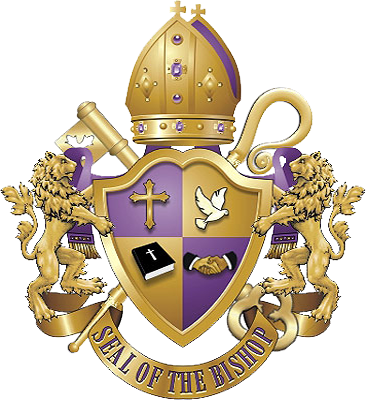The First Bishops of the New Testament
Church: Their Lives and Contributions
Lesson 4.4: Legacy of Tertullian and Irenaeus
Tertullian of Carthage and Irenaeus of Lyons were pivotal figures in the development of
early Christian theology. Although their approaches and contexts were different, their
contributions significantly shaped the church and laid the groundwork for future
theological developments.
Tertullian, often referred to as the “Father of Latin Christianity,” was instrumental in
articulating foundational doctrines. He is credited with coining the term “Trinity” to
describe the relationship between the Father, Son, and Holy Spirit. This concept
became central to Christian theology and continues to be a cornerstone of Christian
doctrine today. Tertullian also emphasized the authority of Scripture and was a staunch
defender of orthodoxy against heretical teachings. His apologetic works, such as
"Apologeticus," were groundbreaking in addressing Roman accusations against
Christians and defending the faith intellectually. Despite his later association with the
Montanist movement, Tertullian’s theological insights profoundly influenced the Western
Church.
On the other hand, Irenaeus of Lyons is best known for his efforts in combating
heresies, particularly Gnosticism. Living in a time when the early church faced
challenges from diverse and conflicting theological ideas, Irenaeus worked to affirm the
unity and coherence of Christian teaching. His seminal work, "Against Heresies,"
systematically refuted Gnostic doctrines while emphasizing the importance of apostolic
tradition and the authority of the church. Irenaeus also advanced the idea of salvation
as the recapitulation of humanity through Christ, a concept that highlighted Jesus as
the second Adam who restored what was lost through sin. This theological framework
offered a comprehensive understanding of God’s plan for humanity and has had a
lasting impact on Christian thought.
Together, Tertullian and Irenaeus contributed to a more structured and unified church.
Tertullian’s mastery of language and logical argumentation laid the groundwork for
future theological debates, while Irenaeus’ emphasis on apostolic tradition and
orthodoxy provided a stable foundation for early Christian doctrine. Both men ensured
that the church could address challenges from within and outside its community, thus
solidifying its identity and beliefs.
In conclusion, the legacies of Tertullian and Irenaeus are evident in the enduring
theological and doctrinal foundations of Christianity. Their work not only addressed the
immediate concerns of their time but also shaped the trajectory of Christian thought for
centuries to come. Their contributions remind us of the importance of clarity, unity, and
faithfulness in the development of Christian theology

Comments are closed.